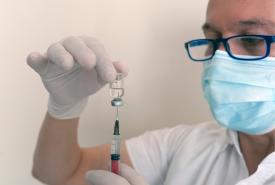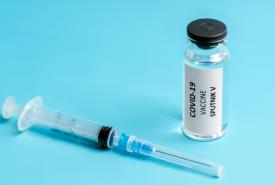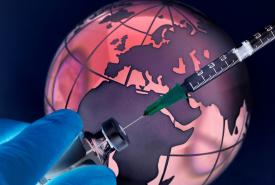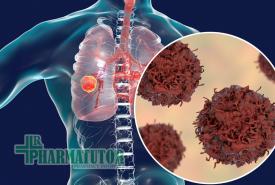Weekly insulin helps patients with type 2 diabetes achieve similar blood sugar control to daily insulin
A new once-weekly basal insulin injection demonstrated similar efficacy and safety and a lower rate of low blood sugar episodes compared with a daily basal insulin, according to a phase 2 clinical trial. The study results, which will be presented at ENDO 2021, the Endocrine Society’s annual meeting, compared an investigational drug called basal insulin Fc (BIF) with insulin degludec, a commercially available long-lasting daily insulin, in patients with type 2 diabetes.


















